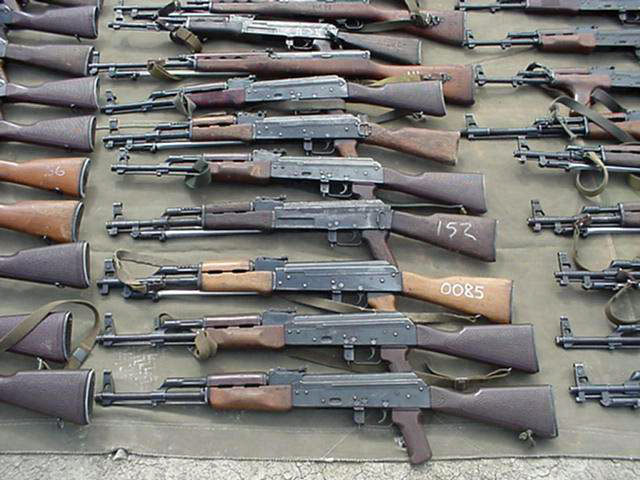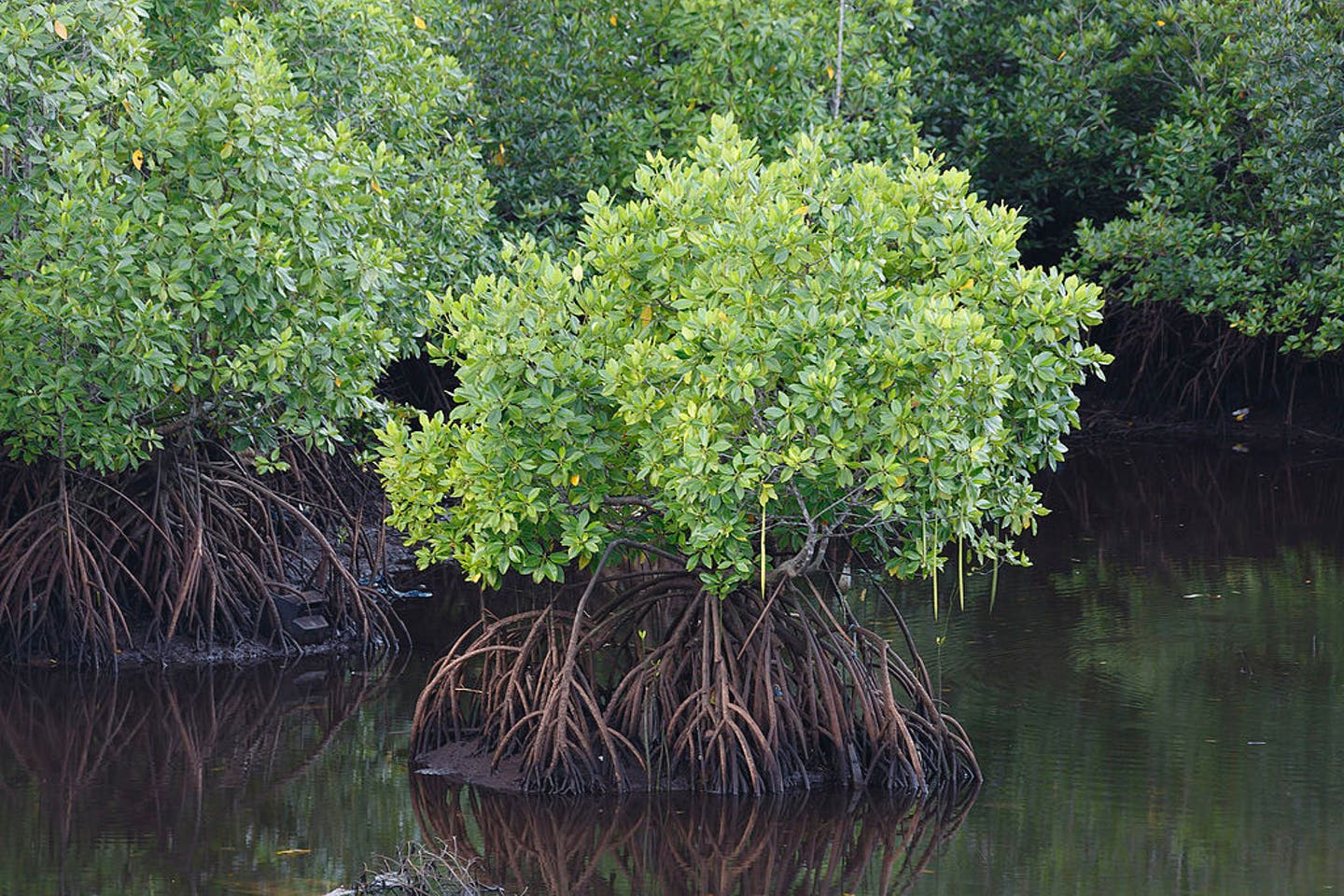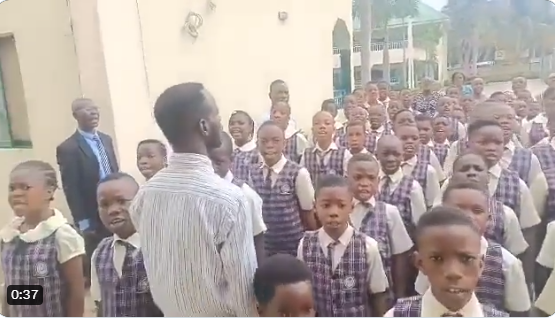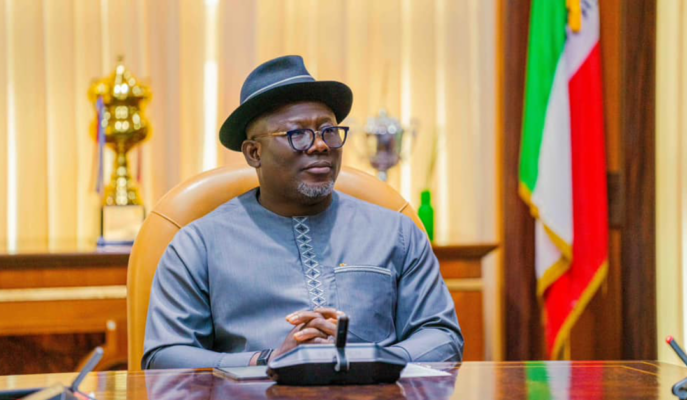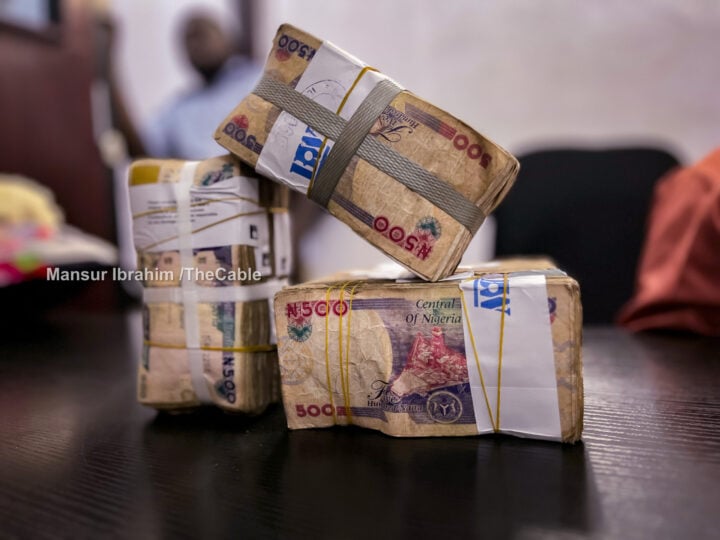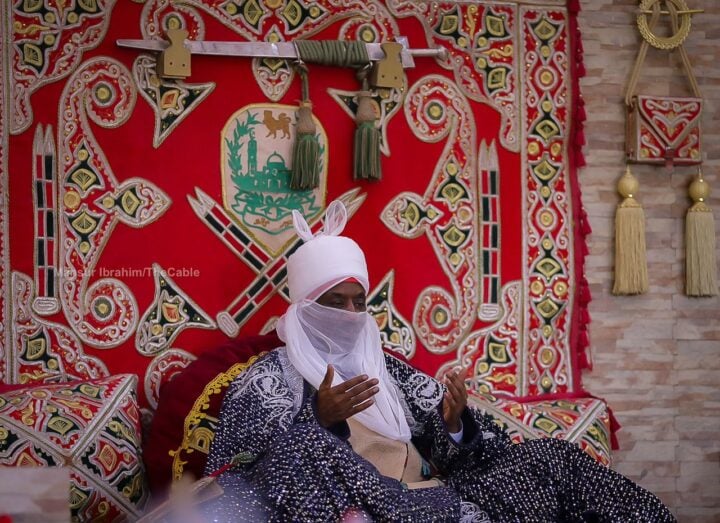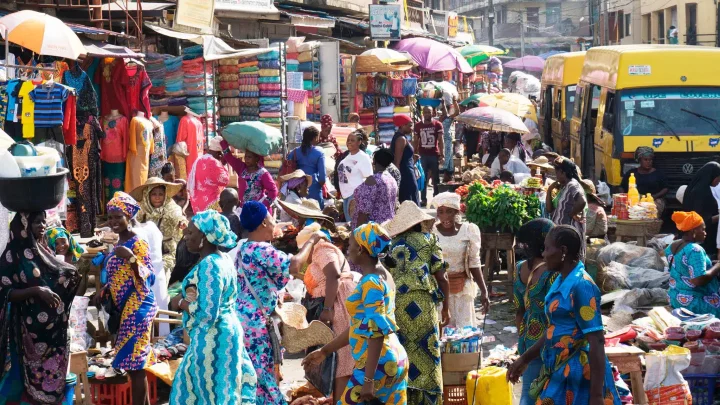BY OLANIYI OLUMAYOWA
The persistent proliferation of illegal small arms and light weapons (SALW) in Nigeria has significantly contributed to heightened insecurity. This phenomenon is often attributed to factors such as Nigeria’s porous borders, a thriving local arms manufacturing industry, and politicians’ involvement in arms trade. The ongoing surge in illegal SALW proliferation underscores the establishment of specialised anti-arms proliferation centre. Presently, the National Centre for the Control of Small Arms and Light Weapons in Nigeria bears the responsibility of mitigating this proliferation
The mission of the centre is to prevent and control the proliferation of SALW in collaboration with stakeholders towards strengthening peace and security in Nigeria. But the centre has been stalled in a quagmire of economic and political booby traps which has also impacted the fulfilment of the statutory mandate of the centre. Article 24 of the ‘ECOWAS Convention on Small Arms and Light Weapons their Ammunitions and Other Related Matters’ provided that member states, through an act of legislation, create a commission which will oversee the efforts towards preventing the proliferation of SALW in each state. Nigeria, being a signatory to this provision, is the only country in West Africa without such legislation.
There have been over 15 attempts in the national assembly to pass a bill for the creation of a commission or centre (as argument from some quarters on semantics) but without a solution. As a matter of fact, some bills were passed but could not get the exalted signature of the president. The latest was passed by the 9th assembly but again could not get the assent of the former president. In fact, in 2021, former President Muhammadu Buhari approved the creation of the National Centre for the Control of Small Arms and Light Weapons headed by Maj. General A.M. Dikko (rtd) and domiciled in the office of the national security adviser but again lacked the legal framework for its functioning.
Advertisement
The lack of a framework exposed the centre to several political manipulations and an attempt for an outright takeover of its mandate. As against the creation of former President Muhammadu Buhari, a group surreptitiously emerged as NATCOM/FORCE with an alleged spread across the 774 LGAs in Nigeria, even in areas controlled by bandits and terrorists in the north-west and north-east. Alas, the recruitment controversy was not only an alarming concern about this group, but interestingly, NATFORCE managed to get itself into a bill of the national assembly which was almost transmitted to Buhari.
It is imperative to mention here that the National Centre for Control of Small Arms and Light Weapons (NCCSALW) is not the first creation of the government of Nigeria with a similar if not the same mandate. There was once a Presidential Committee on Control of Small Arms and Light Weapons (PRESCOM) which operated until 2021 but actually PRESCOM was left on a life support machine until the emergence of NCCSALW.
PRESCOM would have survived the Buhari administration if it had managed to implement the provisions of the ECOWAS Convention, especially in having a legal framework for its existence but because it lacked that, PRESCOM could not withstand the sweeping changes of the Buhari administration. History has a way of repeating itself, especially if actors leave their primary responsibilities to chance and fate. The continuous existence of the NCCSALW is arguable because the All Progressive Congress still controls the presidency.
Advertisement
President Bola Ahmed Tinubu recently announced a change at the helms of NCCSALW by appointing the deputy inspector-general of police Johnson Kokumo (rtd) as the new national coordinator of NCCSALW. He is inheriting a centre whose identity is still in limbo and of course, a centre whose mandate is being usurped by NATCOM/NATFORCE.
His appointment has suggested a primary departure especially considering his police background and definitely raised questions about his capacity to address the most fundamental challenges bedevilling the NCCSALW. The concern again is if NCCSALW cannot solve its identity crisis, how can it muster the strength to combat the proliferation of SALW in Nigeria based on its mandate?
Just recently, the director-general of NATCOM, Adejare Adegbenro, was allegedly arrested by men of the Nigeria Police Force. It is worth asking if this is an act of comradeship for the new national coordinator of the centre by the NPF or just a routine investigative outcome.
It is more than crucial to therefore set a modest agenda for the new national coordinator of NCCSALW for an effective centre.
Advertisement
Firstly, there is a need for the centre to conclusively resolve challenges associated with the establishment act for the centre. Secondly, the centre needs to strengthen data collection and intelligence sharing. The centre in collaboration with the Nigeria Police Force and other relevant security agencies must establish a database to manage the ownership and movement of SALW in Nigeria.
Thirdly, the centre must launch a nationwide awareness campaign to inform the public of its mandate and also educate them on the proliferation of SALW in Nigeria. Fourthly, the centre must open its door for collaboration and partnerships with both local (civil society organisations) and international organisations that can support the actualisation of the mandate of the centre. Fifthly, the centre must operationalise international instruments for the prevention of the proliferation of SALW in Nigeria like the International Tracing Instrument.
There is a lot to be done and there is a lot that can be achieved!
OLANIYI Olumayowa can be reached via [email protected]
Advertisement
Views expressed by contributors are strictly personal and not of TheCable.
Add a comment
